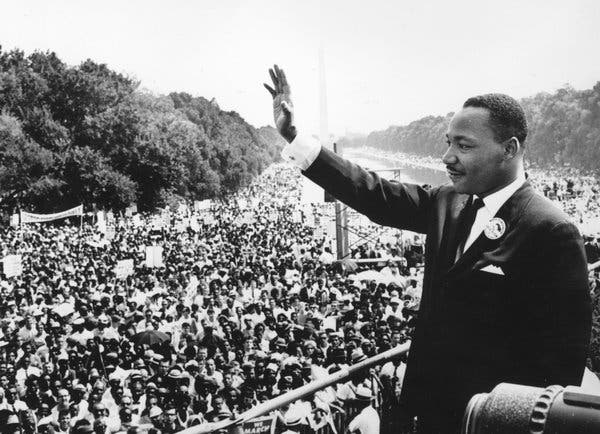The month of February marks America’s Black History Month, also known as African-American History Month. It’s as much about showcasing black history as it is about celebrating black excellence. It also marks a time for remembering, recognizing, and cementing the nation’s long-standing and under-represented black history, and a time to honor the role and achievement of the people of color. When it comes to pioneers in African-American history, some are pioneering heroes known to all for their great contributions, such as Abraham Lincoln, Malcom X, and Frederick Douglass.
However, black history was shaped by many more unsung heroes than we know. Do you know about Alice Coachman, Claudette Colvin, or Shirley Chisholm? If these names don’t immediately ring a bell, you’re not alone. History taught in American schools focuses mostly on Americentrism; therefore, the contributions of many great black people receive little or no recognition. But it’s up to you to find out about them.
Origin of the Black History Month.
Black History Month wouldn’t exist if it were not for an individual known as Carter G. Woodson, the guy behind the Negro History Week in Washington D.C., in February 1926. Woodson was the second African-American after W.E.E Du Bois to receive a PhD in History from Harvard. To Woodson, black experience was too significant to be simply left to a small group of scholars. He believed that his role was to use black history and culture as a weapon in the struggle for racial equality.
Woodson’s goals were to use history to prove to white America that blacks had played significant roles in the creation of America, and to increase visibility of black life and history at a time when very few newspapers, books and other materials recognized the black community without dwelling upon the negative. Woodson started by pushing for establishment of Negro History Week in 1926, which later came to be officially recognized as Black History Month in February 10, 1976 by the then-President Gerald Ford who called out upon people to “seize the opportunity to honor the too-often neglected accomplishments of black Americans in every area of endeavor throughout our history.”
How to best honor Black History Month in 2021.
The best way to honor the Black History Month this is by simply getting to know more about the great black men and women. Let’s all shine a long overdue light to the unsung heroes and heroines who deserve to be honored for their contribution to the world as we know it today. Their selfless and tireless actions and accomplishments transformed the world in their time and beyond. For that, we deserve to know their names, their stories, and learn how they contributed to solving societal and political challenges and recognize the esteemed place they hold in not only black history, but general history. Like Morgan Freeman put it, “Black history is American History.”
If you want to learn more about the major events that shaped Black history from the decision of 1857 through the civil rights movement and on to the death of Toni Morrison in 2019, here is a New York Times selection of articles and historic times front pages that you can use.
Work cited.
https://www.history.com/topics/black-history/black-history-month.
















